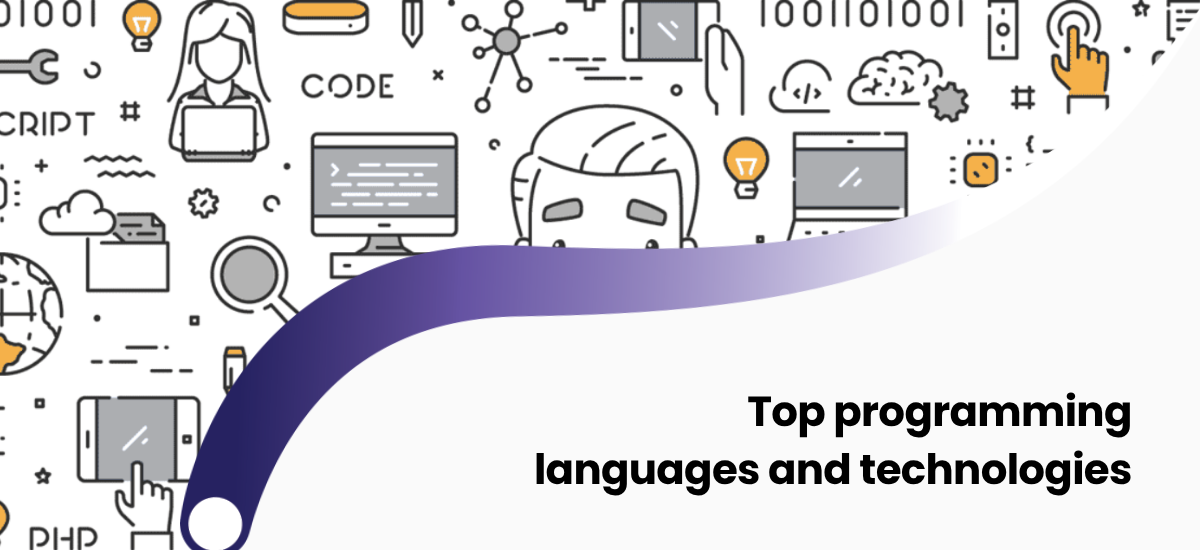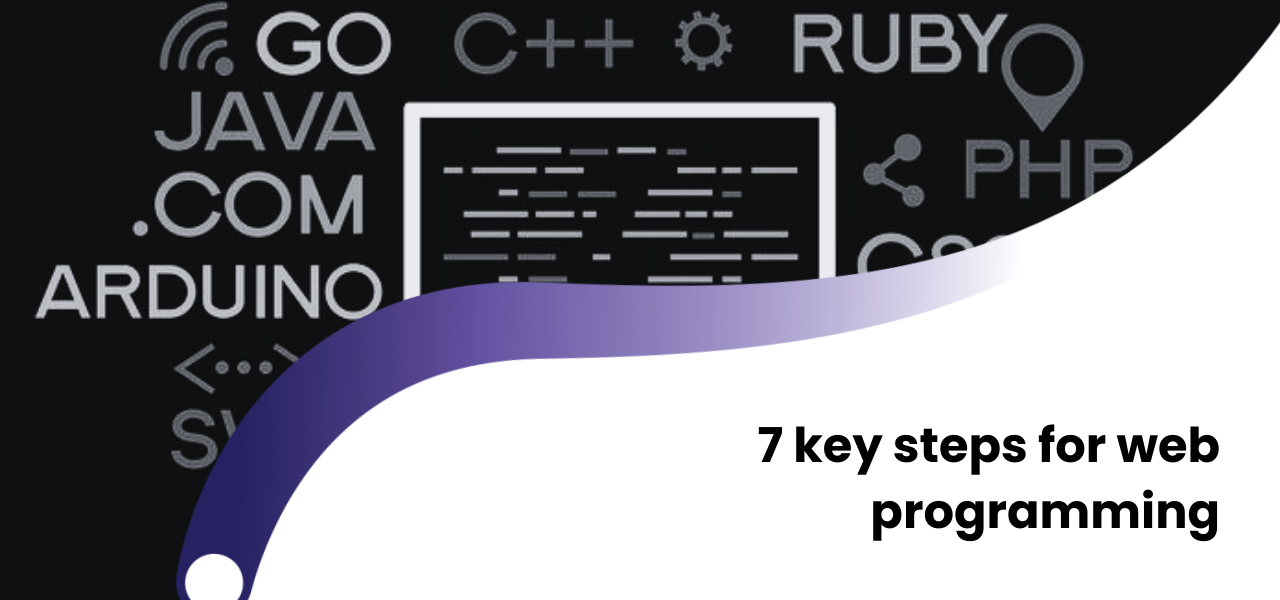The tech world never stops evolving. Every year new programming languages, frameworks, and tools reshape the IT landscape — and 2025 is no different. Whether you’re starting your coding journey or planning to upskill, one question remains constant: Which technologies are worth learning to stay relevant? Let’s dive into the most in-demand programming languages and frameworks that define software development in 2025.
.NET — the backbone of enterprise software
.NET continues to be one of the most stable and powerful ecosystems for large-scale applications. Used by global enterprises and government projects, .NET powers ERP platforms, CRM systems, banking applications and more. With .NET 8 and Blazor bringing cross-platform flexibility and performance, developers who master C# and the .NET framework remain in high demand. If you’re into backend development and robust infrastructure — .NET is a must-learn in 2025.
React — the king of modern web interfaces
React.js remains a top choice for frontend developers worldwide. Its component-based architecture, massive community, and strong ecosystem — including Next.js, TypeScript, and Remix — make it ideal for fast, scalable, and SEO-friendly web apps. In 2025, React continues to dominate web development thanks to its performance and flexibility. If you enjoy building interactive and visually appealing interfaces, React is the way to go.
Python — the language of AI and data science
Python has become synonymous with simplicity, versatility, and power. It’s the primary language for AI, Machine Learning, Data Science, and Automation. Frameworks like TensorFlow, PyTorch, Pandas, and NumPy make Python an essential tool for data engineers and AI developers. In 2025, demand for Python developers continues to rise as companies integrate AI-driven analytics and automation into their business operations.
Node.js — fast, scalable, and perfect for startups
Node.js revolutionized backend development by bringing JavaScript to the server side. With frameworks like Express.js and NestJS, developers can build efficient APIs, real-time apps, and microservices. For startups and SaaS companies, Node.js offers agility, lower costs, and speed — making it a go-to technology for 2025. If you want to work with modern, event-driven architectures, Node.js is your ideal choice.
Kotlin and Swift — the core of mobile development
Kotlin for Android and Swift for iOS remain the standard languages for native mobile app development. While frameworks like Flutter and React Native allow cross-platform builds, Kotlin and Swift deliver better performance, security, and integration. As mobile usage continues to dominate digital trends, these two languages ensure developers stay future-proof.
DevOps, Docker, and Cloud — the new standard of IT infrastructure
Modern software development goes beyond writing code — it’s about deployment, automation, and reliability. That’s where DevOps comes in. Tools like Docker, Kubernetes, Terraform, Jenkins, and AWS Cloud have become essential for building and maintaining scalable applications. In 2025, professionals with DevOps and cloud computing skills are among the most sought-after in the IT industry.
Which technology should you learn in 2025?
If you’re a beginner — start with Python or JavaScript. For frontend careers — focus on React. For backend — choose .NET or Node.js. For mobile development — learn Kotlin and Swift. And if you’re interested in systems and automation — go for DevOps and Cloud technologies. The key isn’t to know everything, but to go deep into one stack while staying aware of others.
Conclusion: Technologies evolve, but learning always pays off
Languages and frameworks will change, but problem-solving, creativity, and curiosity remain timeless skills. In 2025, successful developers are not just coders — they’re thinkers, innovators, and collaborators. Keep learning, keep experimenting, and stay flexible — that’s how you future-proof your IT career.
 +994512060920
+994512060920





